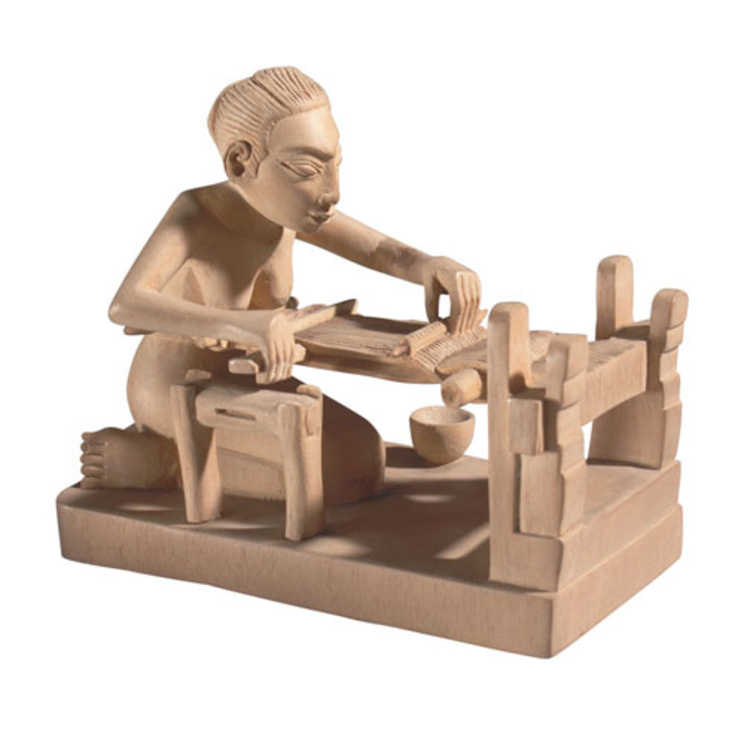The Confucian Ritual Classics served as foundational texts for the design of the Chinese imperial state cult and elite ancestral rites. As such they necessitated a considerable amount of commentary on the appearance of the ritual objects they mention. Illustrations were essential to this commentarial tradition and come down to us in books from the Song period onward. This symposium, organized in conjunction with the Focus Project exhibition Design by the Book: Chinese Ritual Objects and the Sanli tu, examines the early iterations of classical ritual imagery, notably Nie Chongyi’s Sanli tu of 961, the oldest extant example. Papers will address various aspects of the pictorial genre, from its significance for the study of antiquity and antiquities, to its position in the history of painting, to its utility for designing classical ritual paraphernalia.
10:30 am
Ivan Gaskell
Professor, Curator and Head of the Focus Gallery Project, Bard Graduate Center
Welcome
10:40 am
François Louis
Associate Professor, Bard Graduate Center
Introduction
11 am
Jeffrey Moser
Assistant Professor of History of Art and Architecture, Brown University
Nie Chongyi’s Visual Hermeneutics
|
11:30 am
Jonathan Hay
Ailsa Mellon Bruce Professor of Fine Arts, Institute of Fine Arts, New York University
The Visual Rhetoric of Figure Painting in Nie Chongyi’s World
12 pm
Lunch Break
2 pm
Suzanne Cahill
Professor Emerita of Chinese History, University of California, San Diego
An Urgent Matter of Cosmic Harmony: Citing the Ritual Classics in Tang Court Arguments over Dress
2:30 pm
Ya-hwei Hsu
Associate Professor of History, National Taiwan University
The Sanli tu during the Southern Song and Yuan Periods: Formats and Functions
3 pm
Coffee Break
3:15 pm
Yunchiahn C. Sena
Visiting Assistant Professor of Art History, Wesleyan University
An Ordered Universe: The Connection and Contention between Sanli tu and Xuanhe bogu tu
3:45 pm
Pengliang Lu
Henry A. Kissinger Curatorial Fellow, The Metropolitan Museum of Art
Designing Classical Ritual Vessels in Fifteenth-Century China
4:15 pm
Reception




















